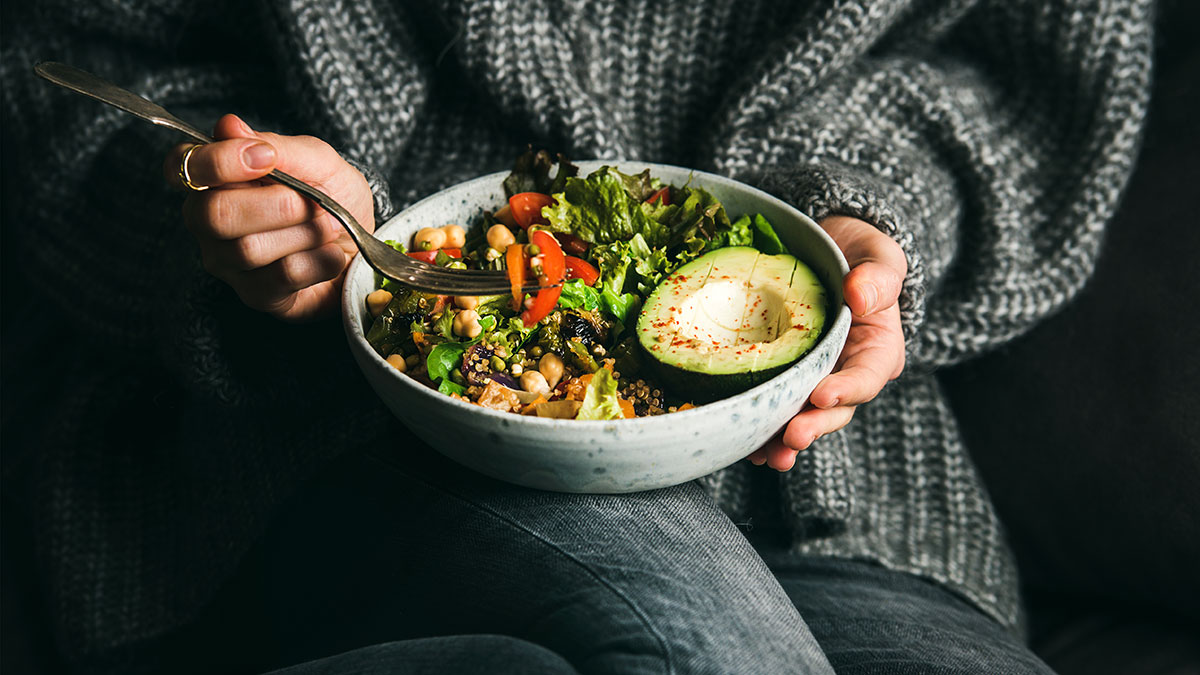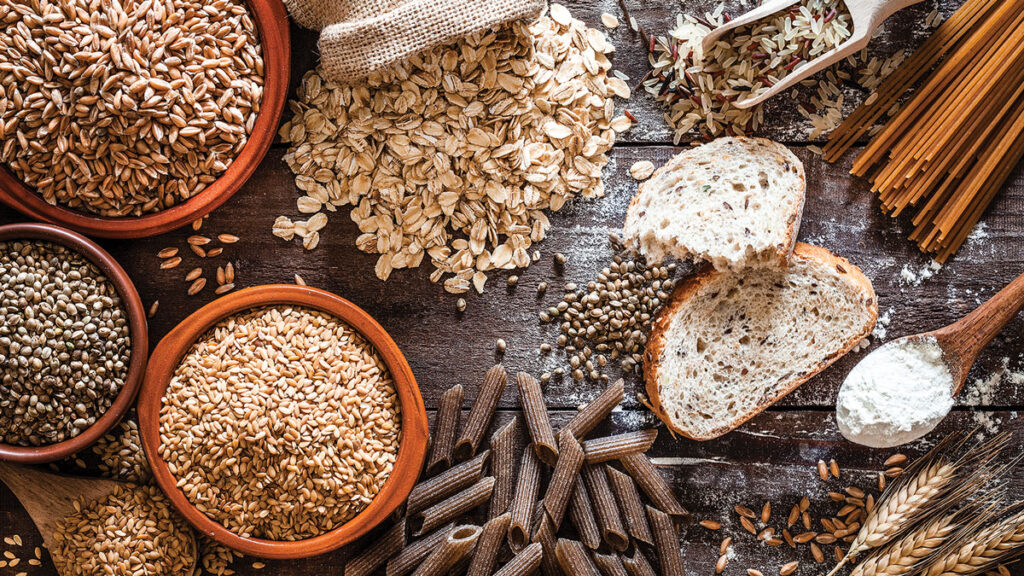Gut health plays a crucial role in supporting our immune system. To put it simply, a healthier gut means you have a better chance of warding off bugs and germs. But why?
Our immune system and our gut microbiota (the bacteria in our gut) work together to create our body’s first line of defence against invaders—preventing harmful bacteria, or pathogens, from living in our gut. In fact, the majority of our immune cells actually live in our gut and help shape the composition of bacteria in our gut.
Our gut bacteria talk to our immune cells, “training” them so they can identify what is a dangerous invader, like a virus, from what is a friendly substance, or even our body’s own cells and tissues.
This “training” also helps to regulate our immune system’s responses, so our immune system doesn’t over-react. We want our immune system to be in balance, springing into action if we catch a cold, but not going into defence-mode against substances like a new food or pollen.
Our gut bacteria also digests our food, breaking it down into nutrients and metabolites that help trigger a range of functions in our body that are important for good immunity. This includes telling our body how to fight harmful pathogens and helping to manage inflammation.
The association between a healthy gut and a healthy immune system remains throughout our lifetime. If the health and diversity of our gut bacteria declines or is out of balance, it can throw our immune system out of balance too. As we get older the diversity of our gut bacteria also naturally declines and can impact our immunity. This makes it even more important to look after our gut as we age.
Diet is thought to be responsible for around 57 per cent of the variation in our gut bacteria, compared with only 12 per cent for genetics. Eating a variety of plant foods is the best way to increase diversity and improve gut health.
What foods are best for a healthy gut?
Wholegrain breads and cereals. Wholegrains and cereal fibre help increase the diversity of gut bacteria and provide the prebiotics to fuel them. They contain resistant starch and soluble fibres that are “fermented” by gut bacteria to produce short chain fatty acids that help prevent the growth of many pathogens and increase absorption of some nutrients.
Fruit and vegies. Fruit and vegies contain fibre, prebiotics and powerful plant compounds that help to increase diversity of bacteria. Asparagus, onions, cabbage, apples and pears, chickpeas and tree nuts are all naturally high in prebiotics.
Probiotic foods. Probiotics are beneficial live bacteria or yeasts found naturally in the gut and in some foods. This includes some yoghurts and fermented plant foods like sauerkraut, kimchi and pickles, and fermented drinks such as kombucha and kefir.







